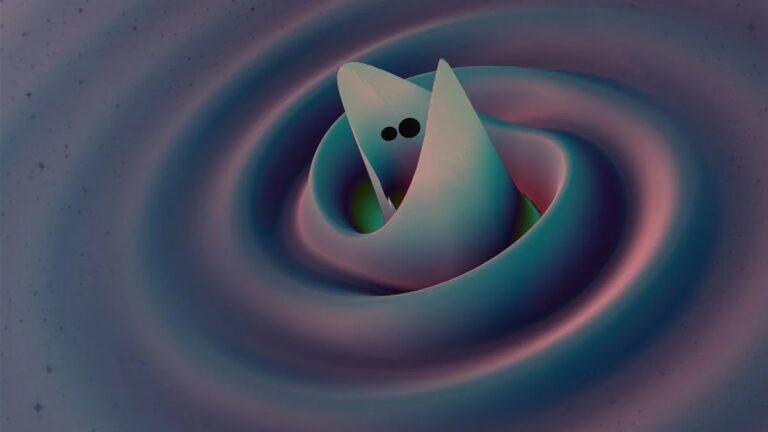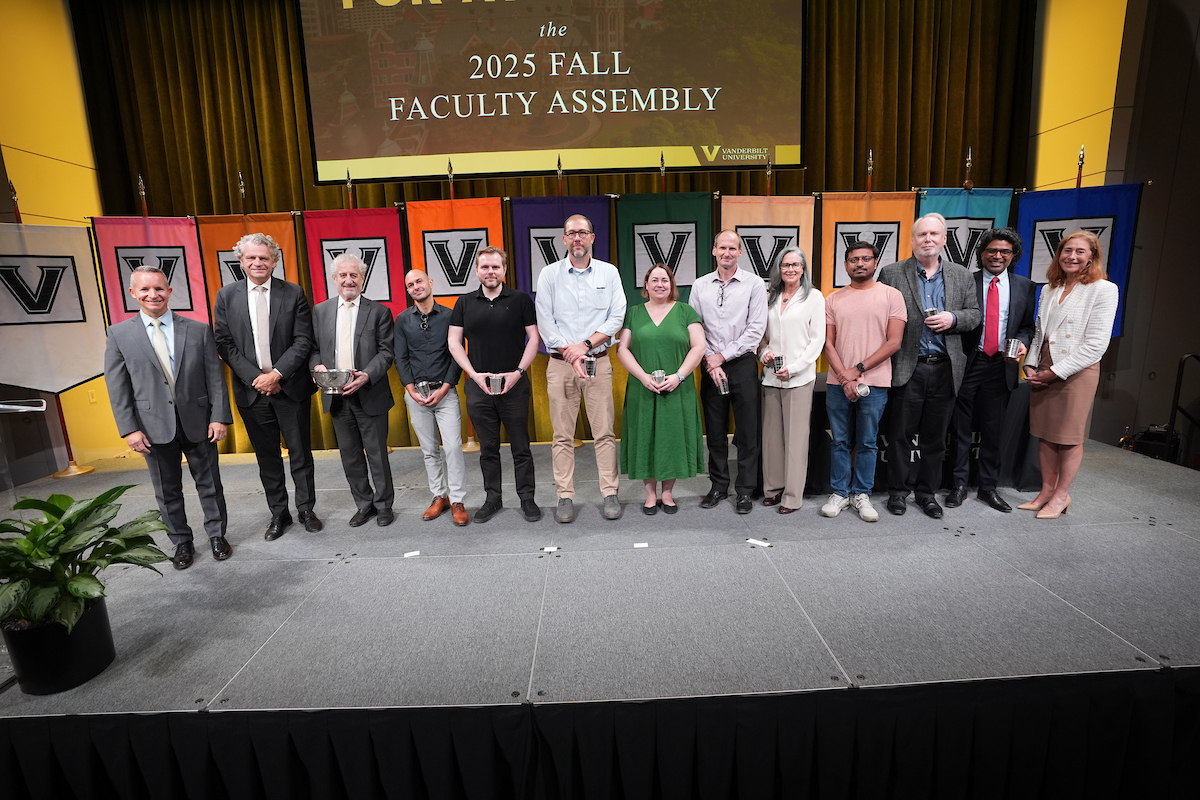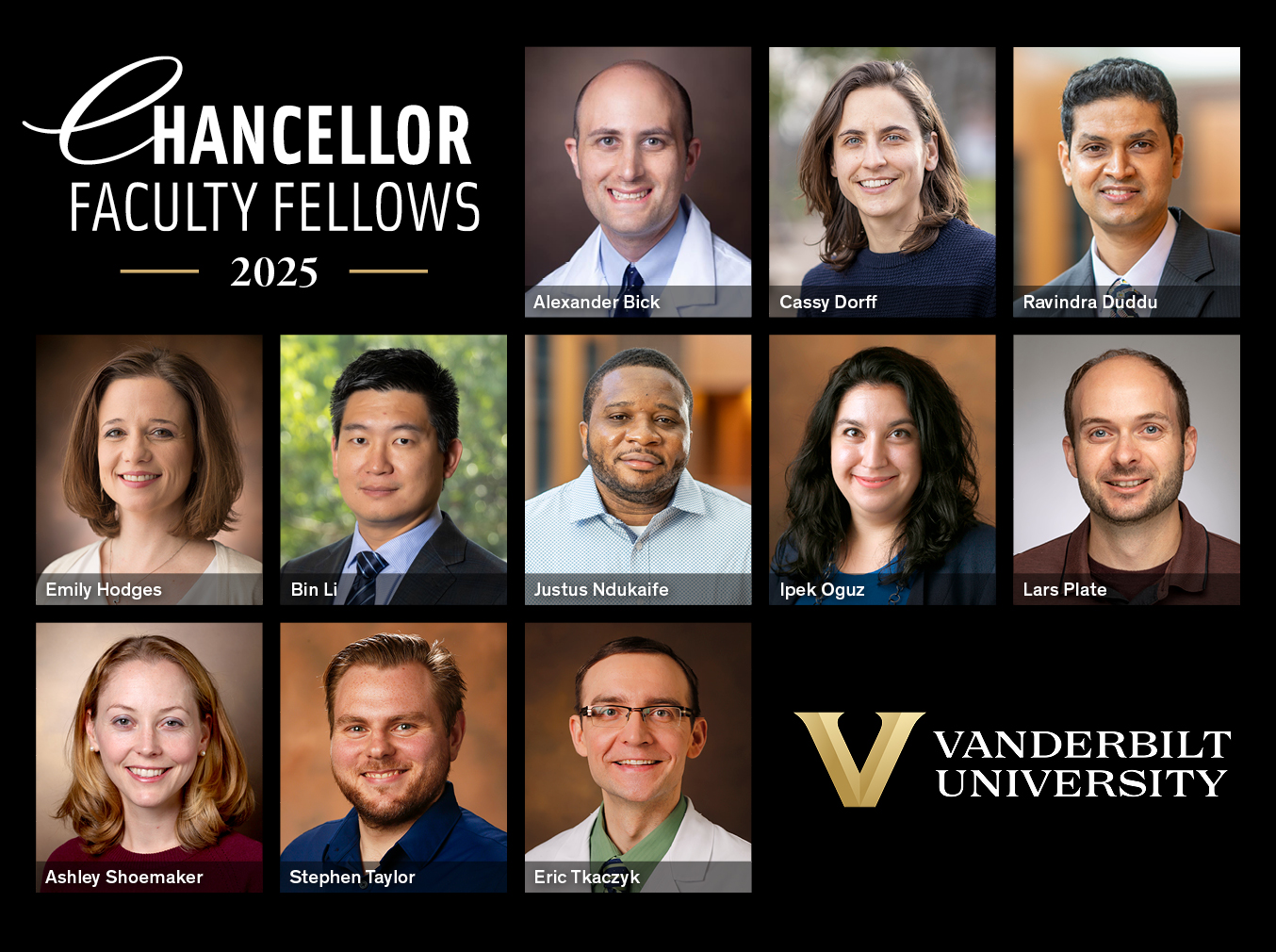Stephen Taylor
-

On the 10-year anniversary of the first gravitational wave detection, A&S astrophysicists lead the way in discoveries
On September 14, 2015, at 4:51 a.m. Central Time, scientists witnessed something no human had ever seen before: two black holes colliding. These black holes, which were 29 and 36 times the mass of the sun, respectively, had been circling each other for millions of years. Their rotations became increasingly faster until they eventually collided and became a single black hole. Since then, scientists have had numerous breakthroughs that deepen our understanding of the universe, and researchers in the College of Arts and Science have been at the forefront, shaping the scientific field of black holes and gravitational waves. Read MoreOct 23, 2025
-

Fall faculty assembly reveals ‘Grow with Vanderbilt’ as guiding theme for academic year
Vanderbilt faculty filled the Student Life Center for the 2025 Fall Faculty Assembly on Aug. 28, listening as Chancellor Daniel Diermeier and Provost C. Cybele Raver lauded their achievements and dedication to students. Faculty Senate Chair Tyler Barrett opened this year’s assembly, encouraging the room to “Grow with Vanderbilt,” the faculty theme for the 2025–26 academic year. Read MoreSep 3, 2025
-

11 Vanderbilt faculty members selected as 2025 Chancellor Faculty Fellows
Eleven outstanding faculty members from across the university have been selected for the 2025 cohort of Chancellor Faculty Fellows. Each fellow holds the title of Chancellor Faculty Fellow and receives $80,000 over a multi-year period to support their work. Read MoreMay 1, 2025
-

Stephen Taylor appointed to NASA’s Laser Interferometer Space Antenna mission
Taylor is one of only six scientists nationwide appointed to the LISA team, a joint mission between the European Space Agency and NASA. LISA is a space-based gravitational wave detector constructed of three spacecraft separated by millions of miles in a triangle shape as big as the sun. Read MoreSep 19, 2024